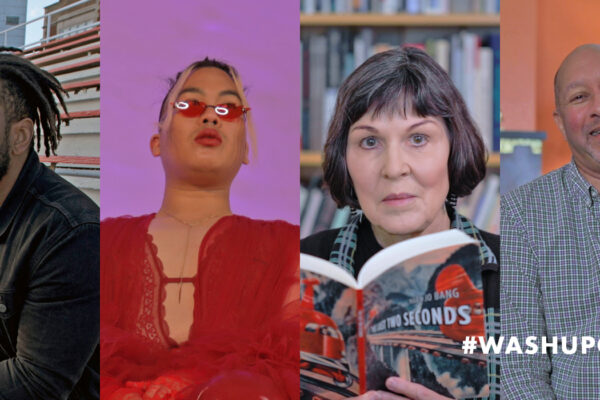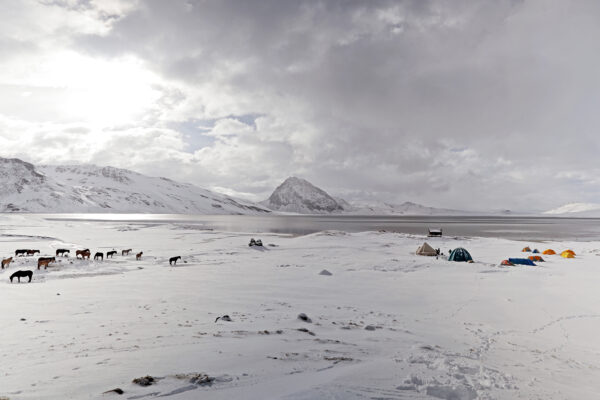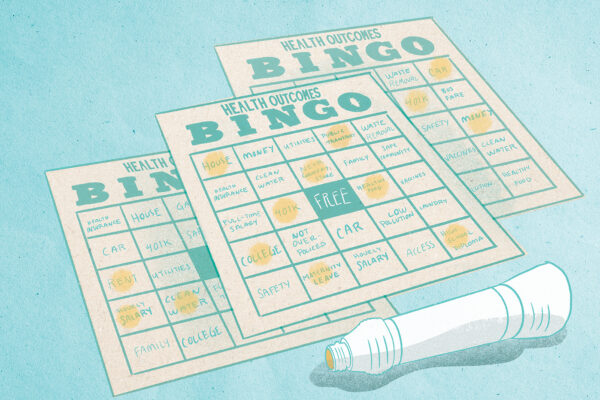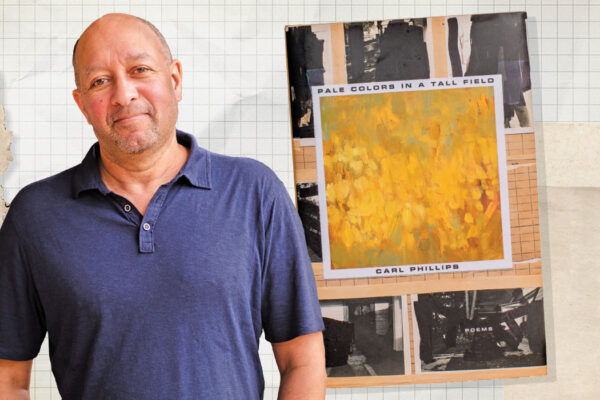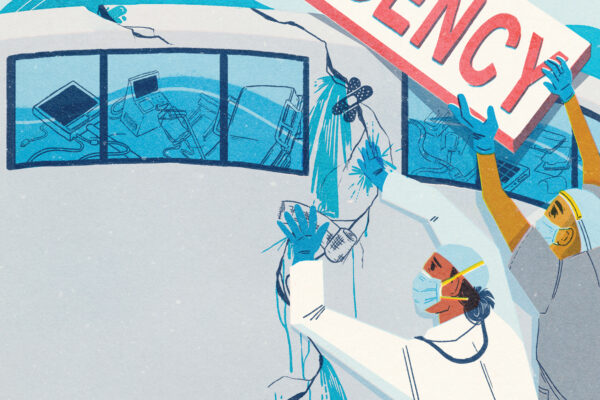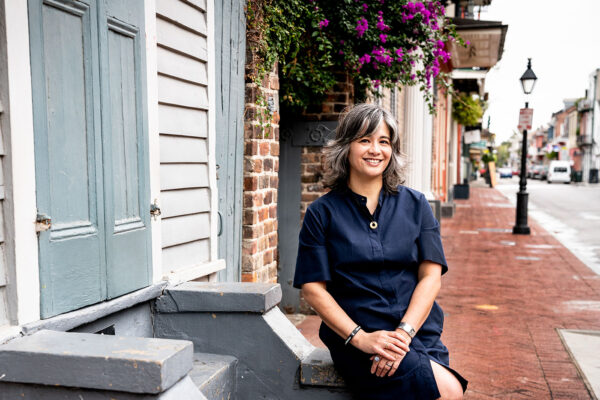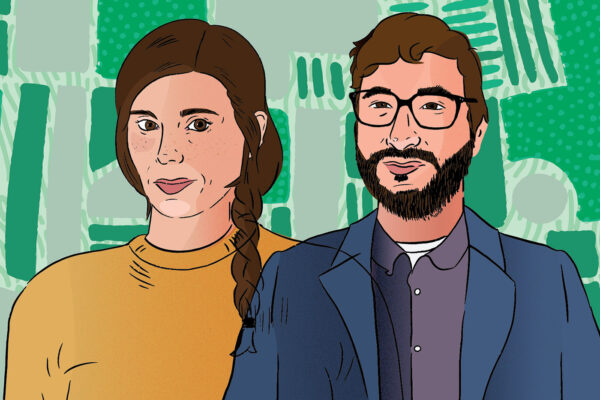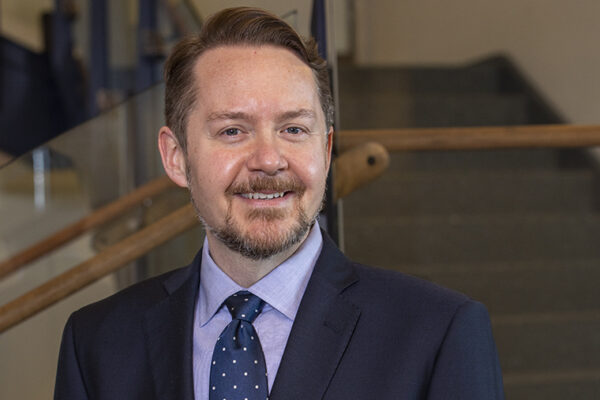Reagh named APS ‘Rising Star’
Zachariah Reagh, assistant professor of psychological and brain sciences in Arts & Sciences, has been named a “Rising Star” by the Association for Psychological Sciences.
Now playing: Propaganda at the movies
As China prepares for the 100th anniversary of the founding of the Communist Party, thousands of theaters have been instructed to screen at least two propaganda films each week. But
political jargon and ideological mandates may not sit well with 21st-century moviegoers, argues Zhao Ma, associate professor of modern Chinese history and culture in Arts & Sciences.
The endless possibilities of poetry
With a storied literary past, Washington University continues to provide time, place and space to stretch as a poet.
Highlands hunt for climate answers
Two Washington University scientists are reconstructing past climate and cultural shifts in the Peruvian Andes. Today, such high-altitude parts of the tropics are warming faster than the rest of the globe. What Bronwen Konecky and Sarah Baitzel discover could help predict how this delicate ecosystem might be affected in the future.
New course explores the unseen side of health
In her course “Sick Society,” Hedwig Lee, professor of sociology, shows that lifestyle and genes aren’t the only things impacting health.
Risk as evolution: New poetry from Carl Phillips
In his latest book of poetry, Pale Colors in a Tall Field, Carl Phillips returns to some of his most enduring themes, love, vulnerability, doubt, regret and desire.
Public health after COVID-19
The COVID-19 crisis could reshape public health for the better.
Hacking the gates
Marie Bigham wants to radically reimagine college admissions.
Fresher food for all
Clare Sullivan and Dan Beckmann’s visionary startup, Foodshed.io, is designed to work for everyone.
Executive orders come ‘at great cost’
Like other modern presidents, executive orders may be the only path forward for Biden to deliver on his policy agenda, however these powers come at a great cost, according to Andrew Reeves, associate professor of political science iat Washington University in St. Louis.
View More Stories


